 British History
British History
Research Area
The study of British history is at the heart of the Institute’s Research. We emphasize entanglements across borders and explore transnational, comparative and transregional approaches.
Stephan Bruhn
Heavenly Hierarchies and Profane Prestige: Imagining and Shaping Social Order in Post-Roman England and the Frankish World
c.400–850
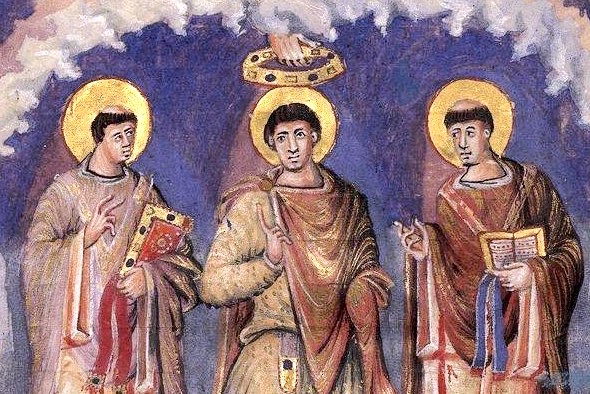
The project explores the perception and (re)negotiation of status and social order in post-Roman western Europe by comparatively analysing the definition and implementation of hierarchies in the Frankish World and Anglo-Saxon England. It focuses on the records of church councils and synods, regarding these assemblies as crucial for the development of new societal models in an age of transition.
Michael Schaich
Webs of Information
Scribal News and News Cultures around 1700
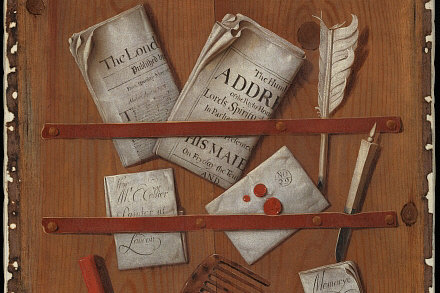
Why would a well-educated man or woman subscribe, at great cost, to a hand-written newsletter, when cheaper newspapers were already easily available? This project investigates the so far largely hidden sphere of scribal news in a world dominated by the printing press, and follows the flows of information that ran between Britain and the Continent in the years around 1700.
Collaborative Project
Pauper Letters and Petitions for Poor Relief in Germany and Great Britain, 1770–1914
Andreas Gestrich (University of Trier) and Steven King (University of Leicester)
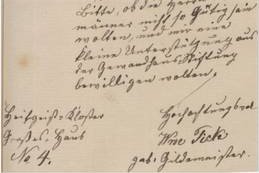
Pauper letters and applications for relief contain sometimes rudimentary but often extensive information on the applicants’ material situation, their family circumstances, and their relationships with their home parish, or specific officials or friends from whom they expect support. This project proposes to collect and edit a substantial online corpus of these narratives.
Markus Mößlang
British Envoys to Germany
(1816–1897)
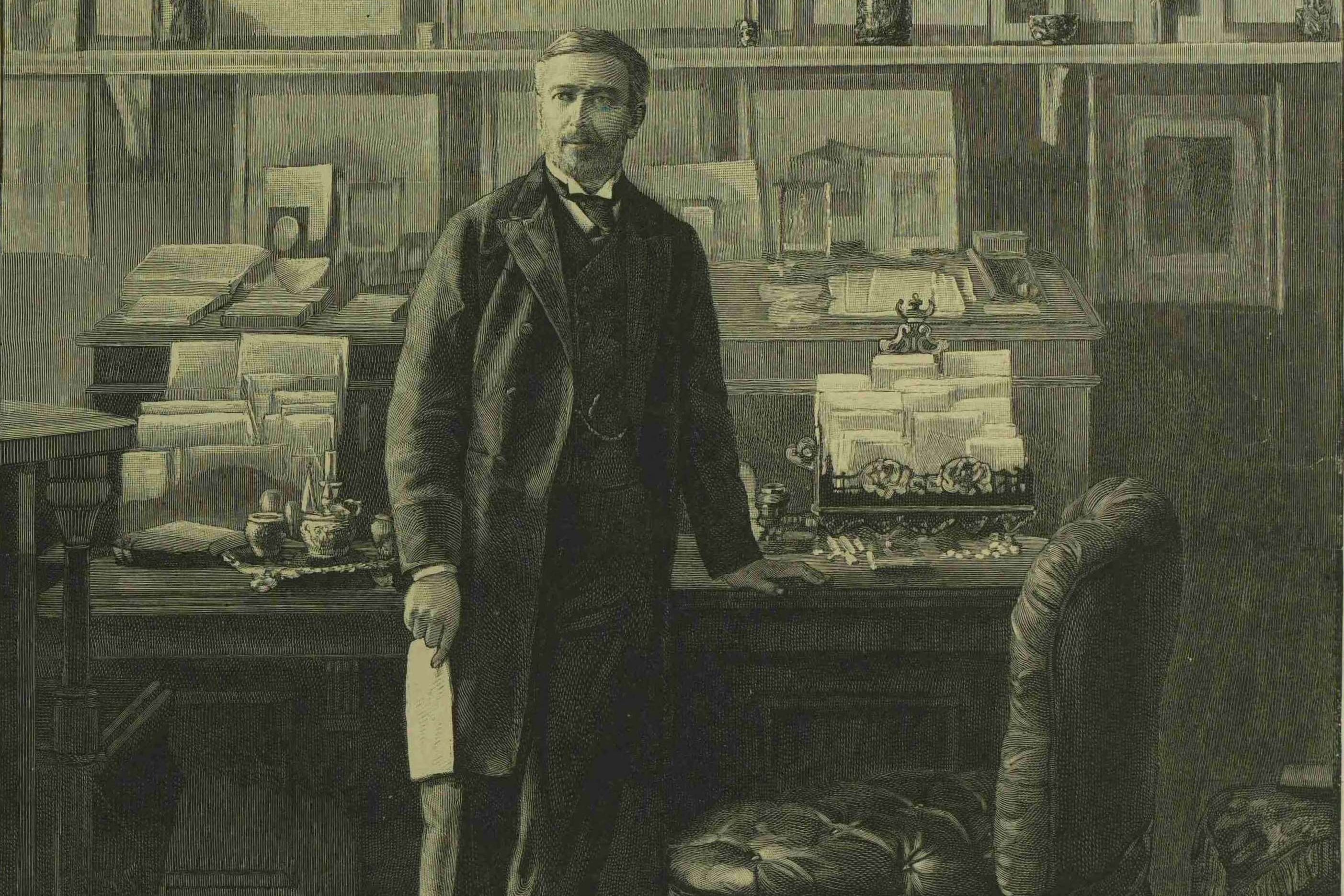
The editorial project presents a comprehensive selection of diplomatic reports written for the Foreign Office by British envoys to the German States in the 19th century, covering the period from the Vienna Congress in 1815 to the dissolution of the German Confederation (Deutscher Bund) in 1866, the North German Confederation (1867–1870) and from the foundation of the German Kaiserreich in 1871 to 1897.
Mirjam Brusius
The Spaces of Photography
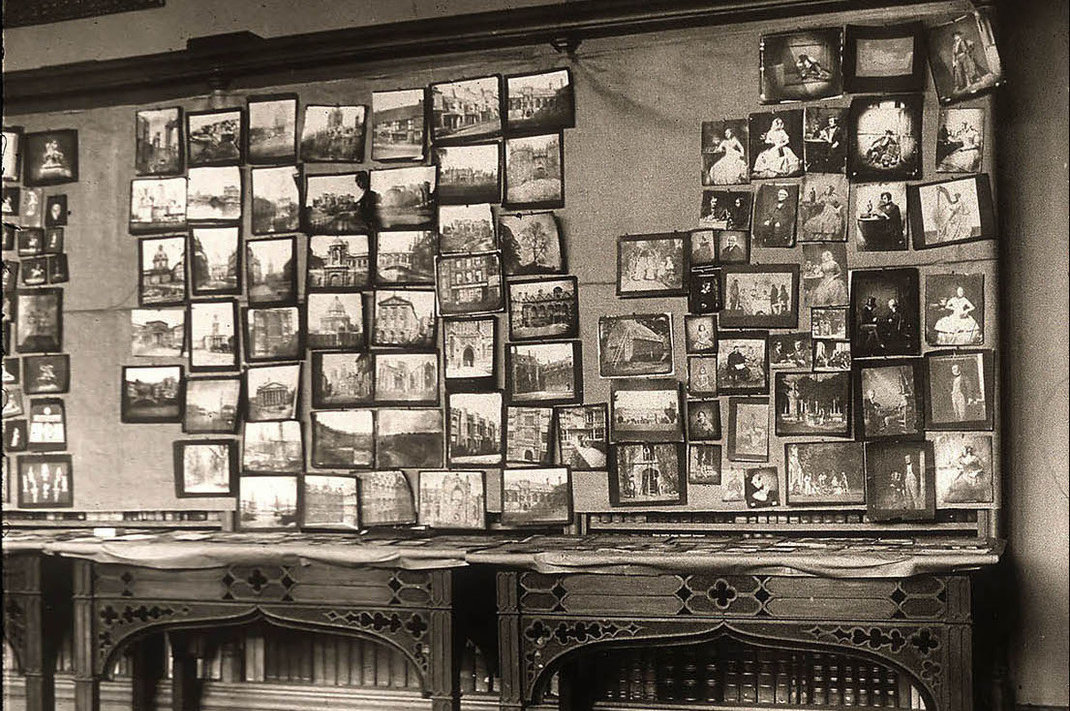
This project explores not only the actual photographs, but also their detachment from their original archival context, their circulation on the art market, and their display across different types of museums and institutions. This is done in order to determine the disciplinary framework for studying early photographic specimens, whether scientific, industrial, or colonial.
Clemens Villinger
The Average Self
A Comparative History of Normality in the 20th Century
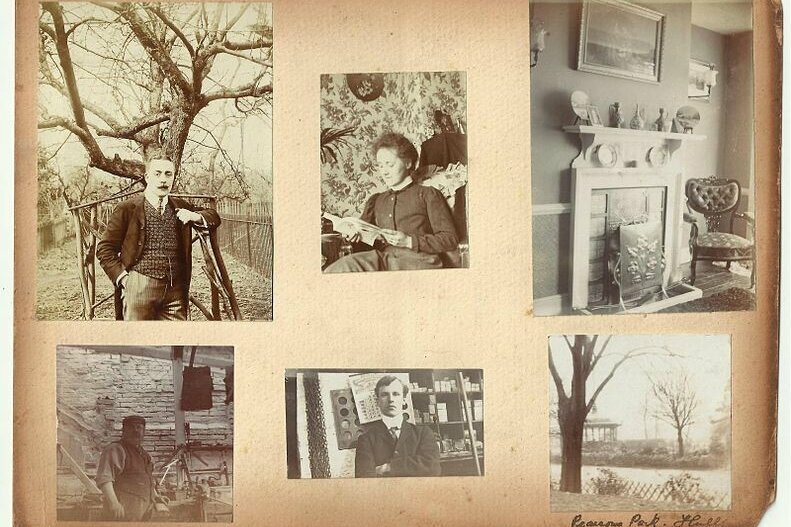
What is considered 'normal' and why? How are notions of normality communicated, reproduced and negotiated? What are the differences between academic and individual understandings of normality? In my project I examine how social scientists, historians and those being researched in Germany and Britain produced knowledge about normality in the 20th century.
Ole Münch
Sociological Objectivity as a Way of Life
A Comparison between the Chicago School of Sociology and the Mass Observation Project
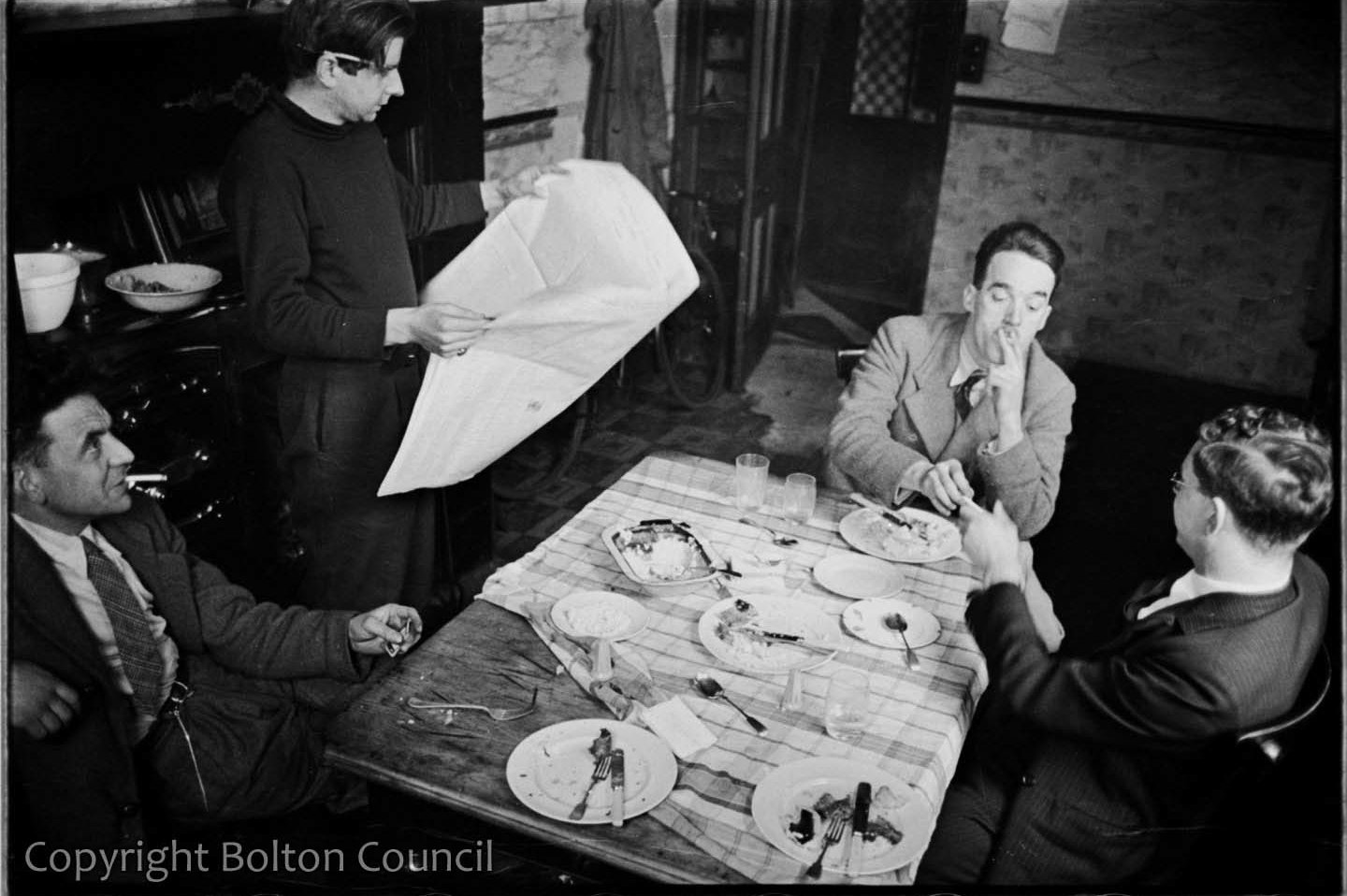
During the interwar years, sociologists started to invent ‘qualitative’ methods to understand how people lived their everyday lives – and how they made sense of them. My project will compare two of these new groups of researchers: the Chicago School and the British Mass Observation project. I will investigate the extent to which both groups were similar or different, and why.
[Image from boltonworktown.co.uk, Copyright Bolton Council, Image ref. 1993.83.19.09]
British History
Pascale Siegrist
A Secret Artifice
Language Invention in the Age of Global English
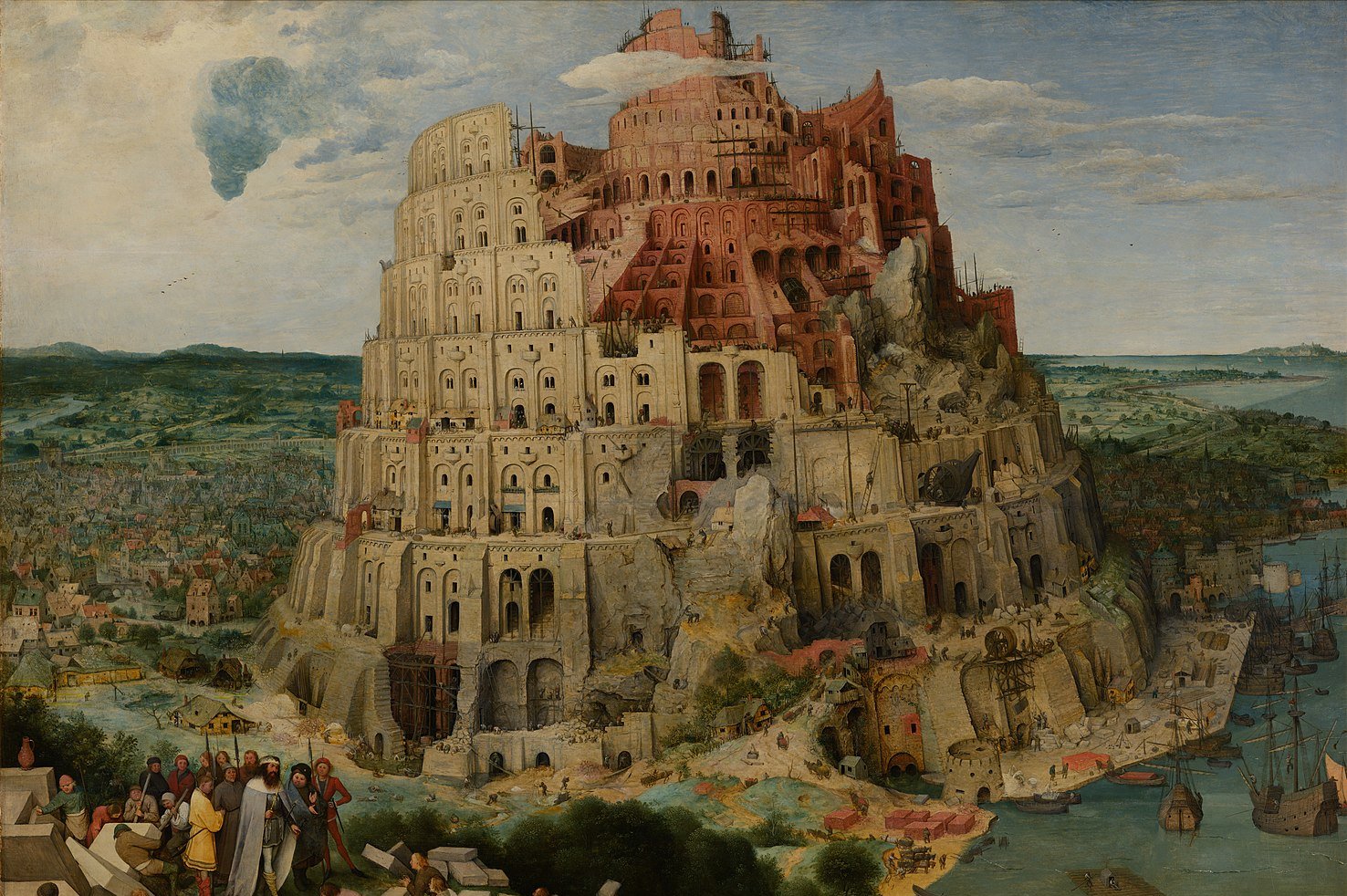
The project understands the inventing of a language – whether for political, epistemic, or artistic purposes – as an act of world-making. Focusing on the proliferation of artificial languages in the English-speaking world in the period from the 1920s to the 1980s, the project situates these initiatives in the context of wider debates concerning the universality or cultural relativity of language.
Past and completed Projects
- Euroscepticism in history (William King and David Lawton)
- The Mythographic Sermon in Late Medieval England: Classicism, Discourse, and Clerical Identity, 1330–1450 (Bernhard Hollick)
- ‘The Vigilant and the Negligent’: British Coastal Administrations in the 18th Century (Hannes Ziegler)
- The Political Economy of Government Redistribution in Britain 1870–1955 (Jenny Pleinen)
- Homesick for Yesterday: A History of the Nostalgia Wave (Tobias Becker)
- The Dominicans and the University of Oxford, 1221–1538 (Cornelia Linde)
- Staging Britain in a Changing World: Knowledge and Practices of British State Visits, 1910–1980 (Falko Schnicke)
- Making Space for Sporting Bodies: Sociability, Body Politics, Commerce, and Lifestyle in Early Modern English Sports Culture (Angela Schattner)
- Cultures of Intelligence (Philipp Gassert, Andreas Gestrich, and Sönke Neitzel)
- Theatrum Ceremoniale: Monarchy, Parliament, and Ritual in England, 1688/89–c. 1800 (Michael Schaich)
- ‘People Count’: A History of British Self-Observations in Survey Research and Censuses in the 19th and 20th Centuries (Kerstin Brückweh)
- "Conservatism Lost – Conservatism Regained": Political Languages of Conservatism in the United Kingdom and the Federal Republic of Germany in the 1960s and 1970s (Martina Steber)